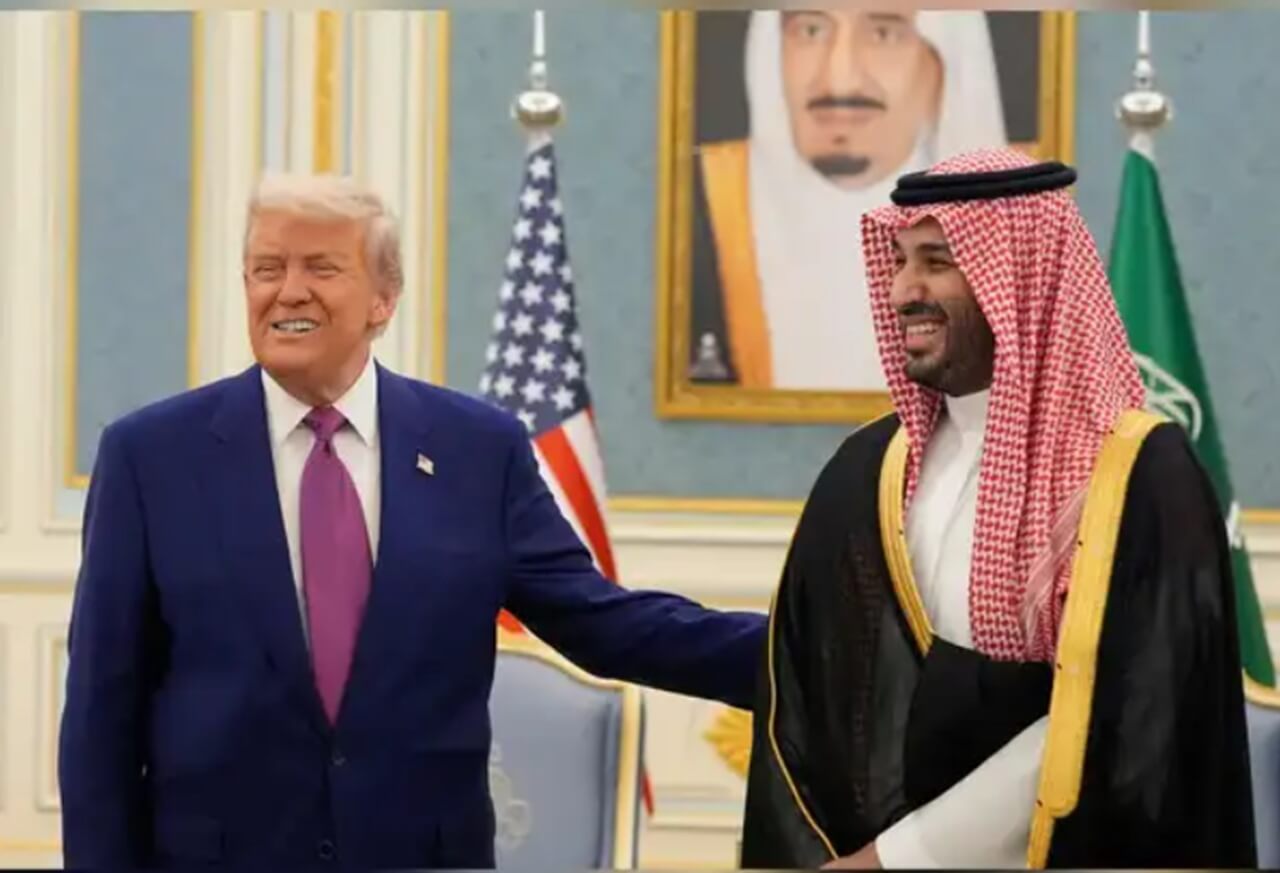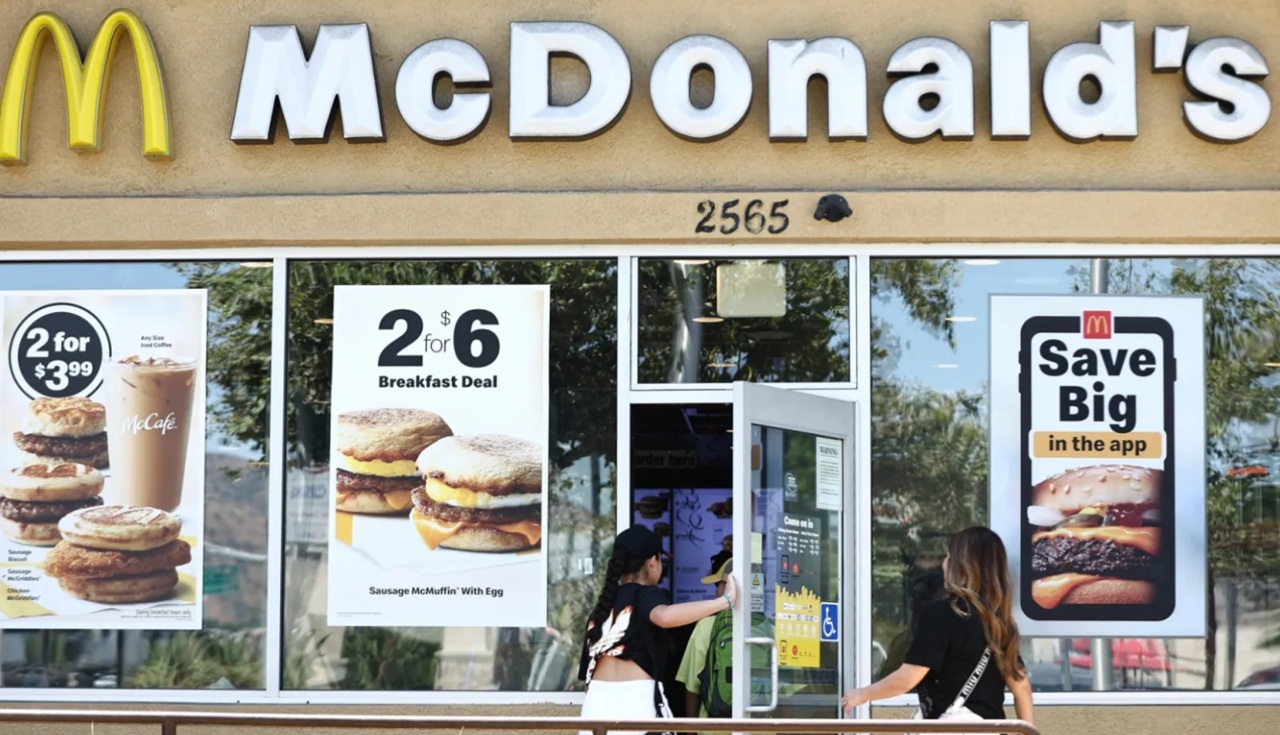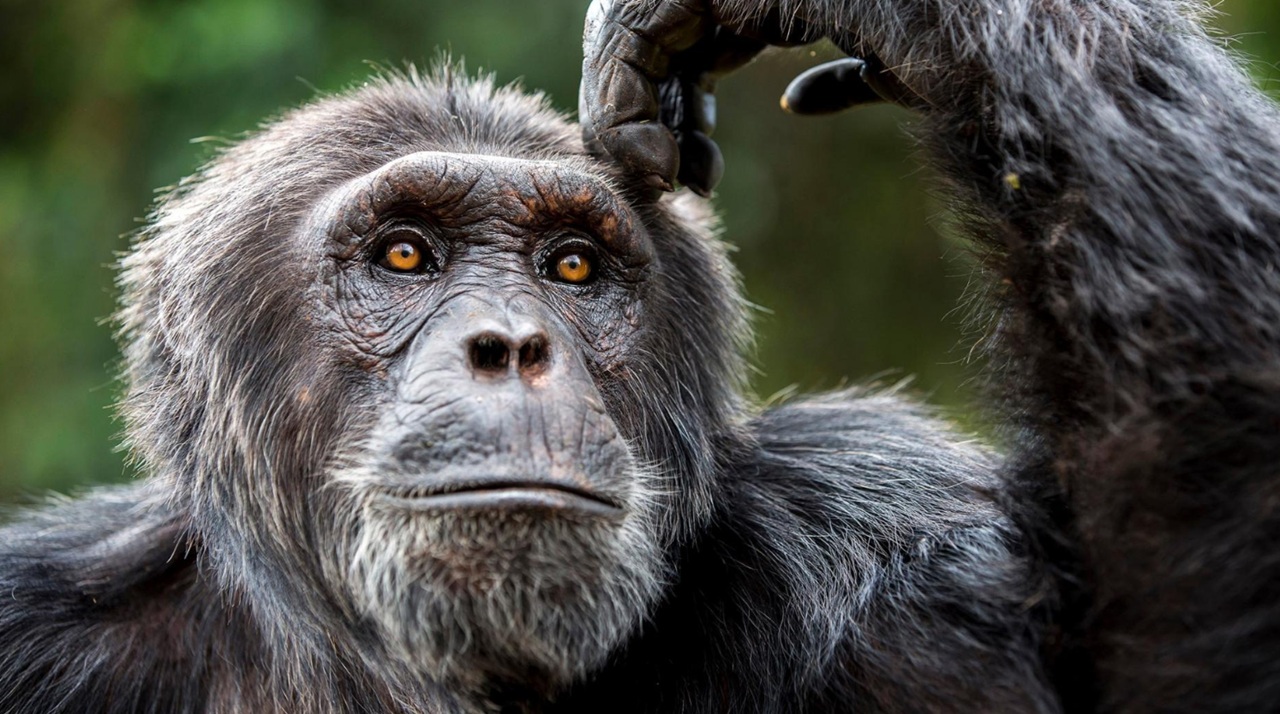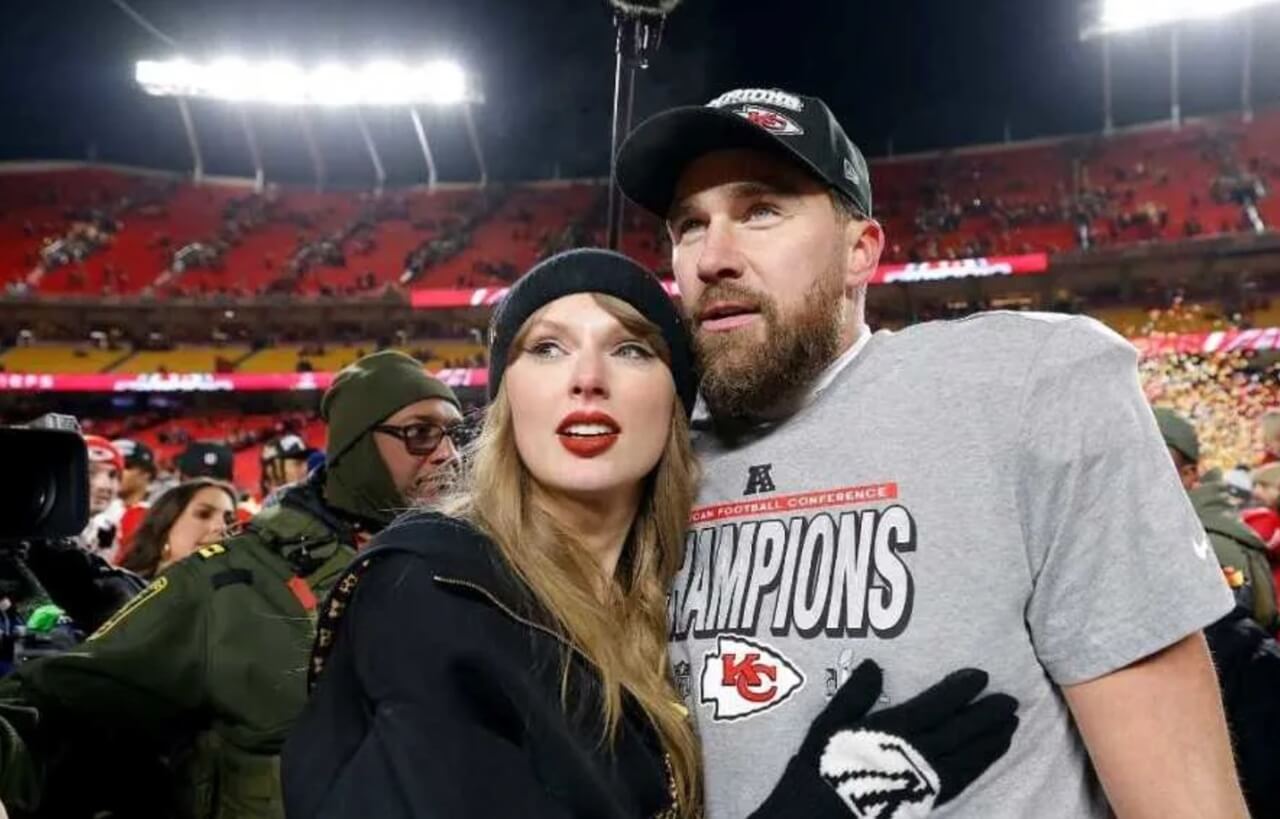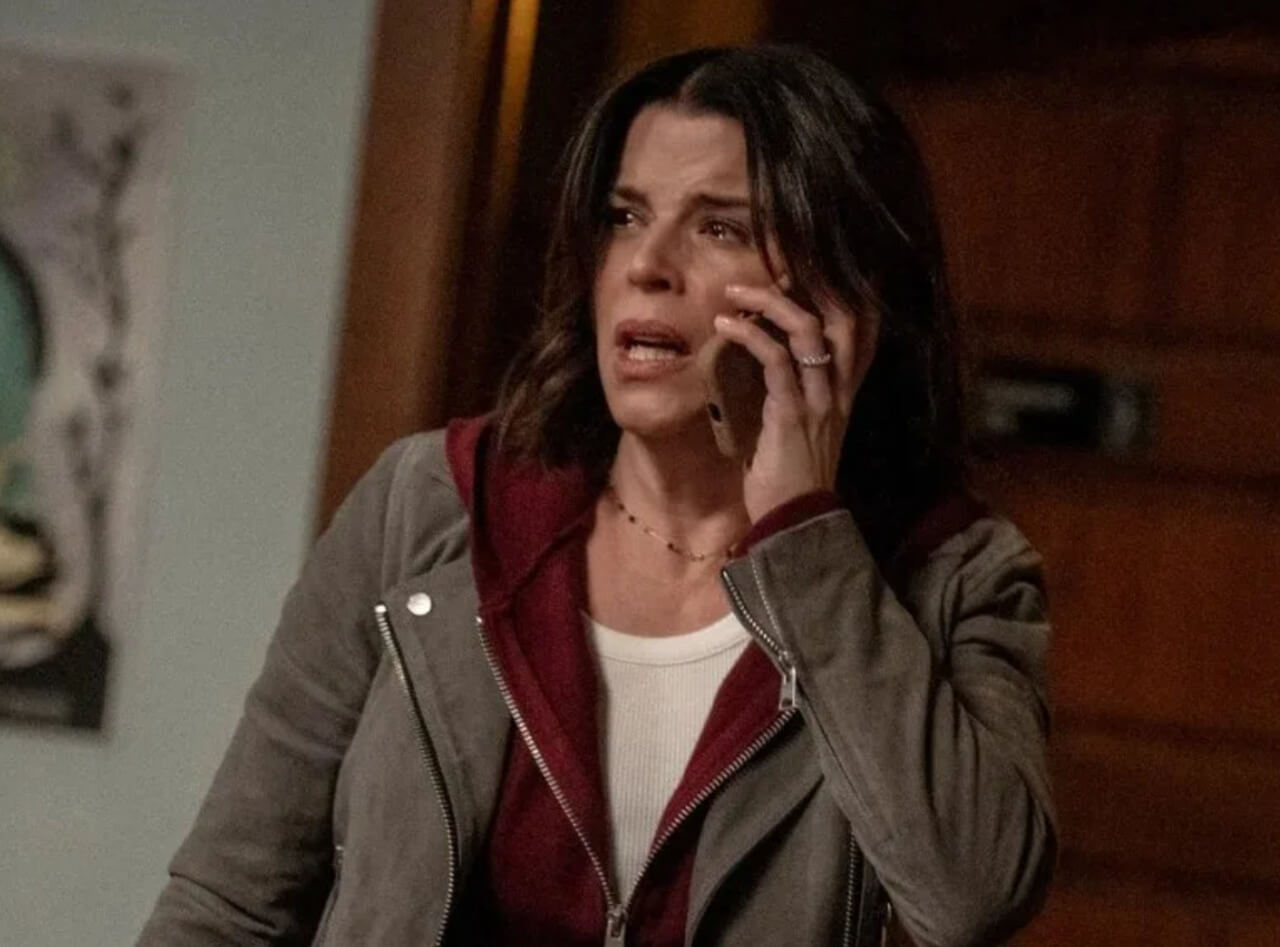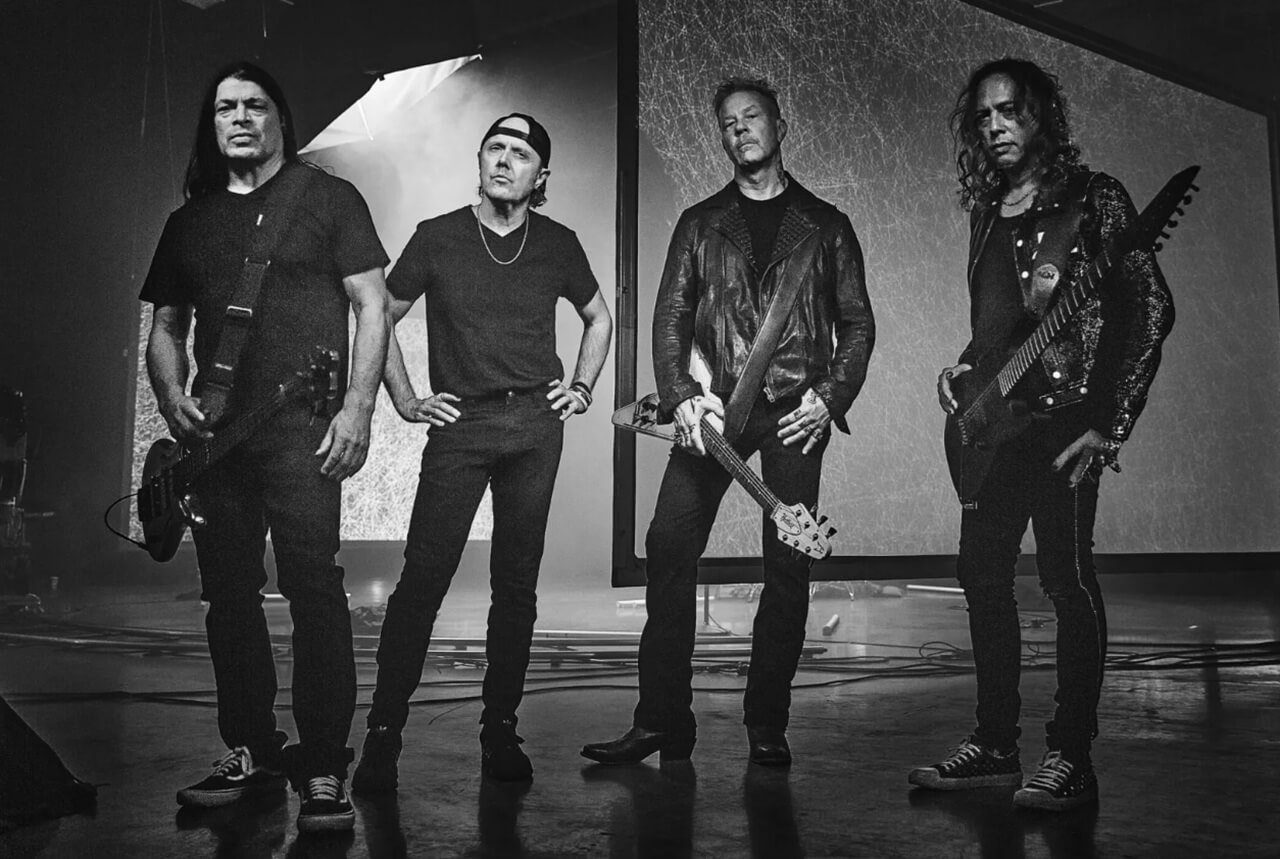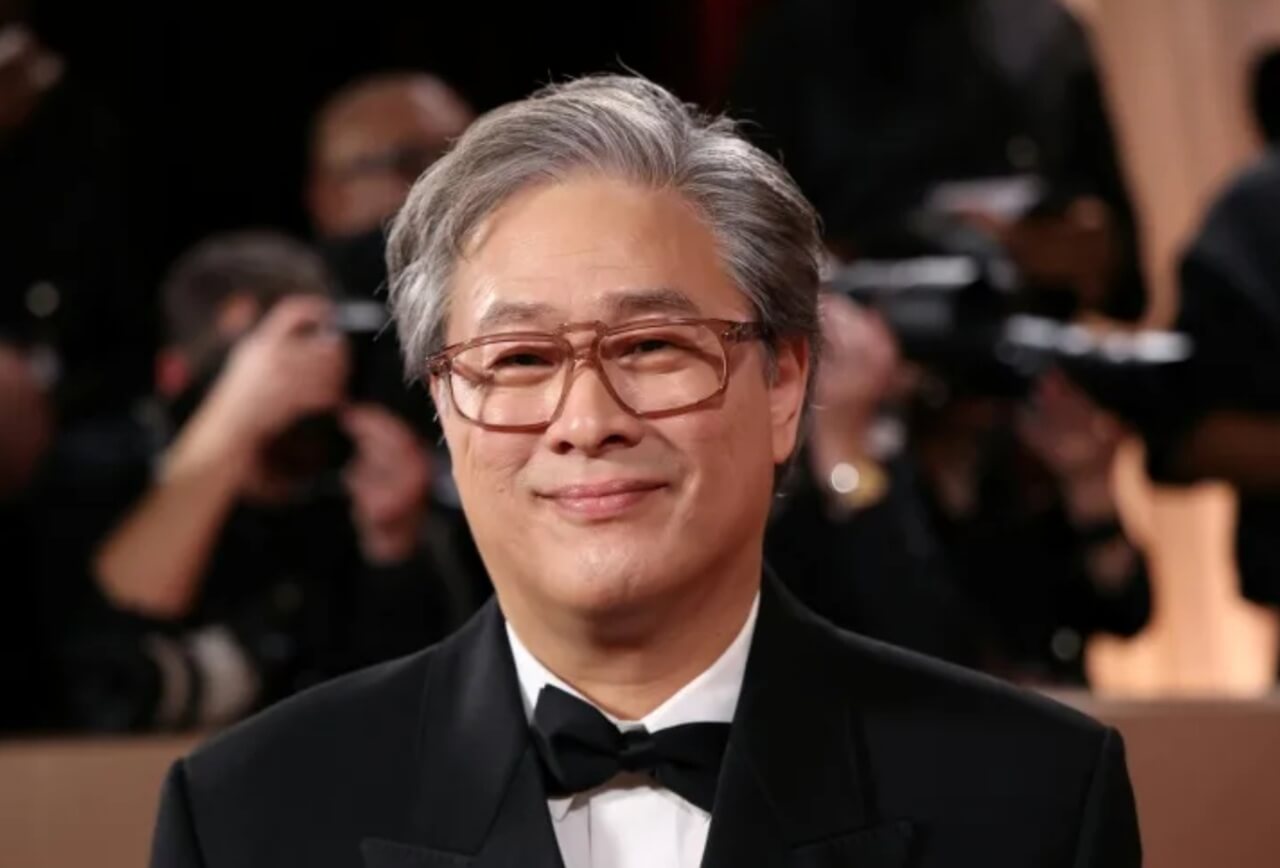President Donald Trump clashed with ABC reporter Mary Bruce in the Oval Office over questions about the killing of journalist Jamal Khashoggi. Trump labeled the question “terrible” and the reporter “horrible,” defending Saudi Crown Prince Mohammed bin Salman during the exchange. The incident follows a prior confrontation with Bloomberg journalist Catherine Lucey, whom Trump insulted aboard Air Force One by calling her “piggy” over questions regarding Jeffrey Epstein files. These events mark another flashpoint in the administration’s strained relationship with the press, drawing criticism from media observers and press freedom advocates.
Confrontations and Statements
According to Reuters, the Oval Office confrontation escalated quickly. Trump interrupted ABC’s chief White House correspondent, insisting she not “embarrass the Saudi leader.” He stated, “A lot of people didn’t like that gentleman that you’re talking about,” and added, “Whether you like him or didn’t like him, things happen.” Trump further threatened the network’s broadcasting license, calling ABC a “crappy company” deserving penalties.
Separately, aboard Air Force One, Trump cut off Bloomberg reporter Catherine Lucey’s question on the Epstein files, saying, “Quiet, piggy.” Both incidents have attracted widespread attention and criticism from journalists and advocacy groups defending press rights.
Quotes and Reactions
Press freedom advocates condemned the remarks, highlighting their potential to undermine independent journalism. BBC and New York Times analysts emphasized that direct insults from a sitting president toward journalists are historically rare. Media watchdogs warned these incidents could chill questioning of sensitive topics, including the 2018 killing of Jamal Khashoggi inside the Saudi consulate in Istanbul, which caused global outrage.
Analysts note that Trump’s defense of the Saudi Prince reinforces longstanding U.S.-Saudi ties while generating controversy over accountability for Khashoggi’s murder. “The president’s remarks show a pattern of prioritizing diplomatic relationships over press scrutiny on human rights issues,” one expert noted.
Press Freedom and Public Perception
The confrontations spotlight the administration’s fraught press relations. Repeated personal attacks against reporters on major news networks may erode public trust in media institutions while emboldening supporters who view the press as adversarial. The incidents also underline tensions between U.S. foreign policy interests and domestic media accountability, especially regarding sensitive issues like the Saudi Prince’s involvement in Khashoggi’s death.
These actions may influence international perception of U.S. commitment to human rights and freedom of the press, creating diplomatic and reputational risks.
Coverage and Oversight
Journalists covering the White House will continue to monitor Trump’s interactions and statements regarding Saudi leadership. Media organizations have pledged heightened reporting on incidents affecting press freedom. Congressional and advocacy group scrutiny is expected, especially concerning threats to network licenses and patterns of verbal intimidation toward reporters. The administration’s handling of these topics may also affect future coverage of international human rights issues.
Sources
Reuters
BBC
New York Times
AP News
iNews Editorial Desk

